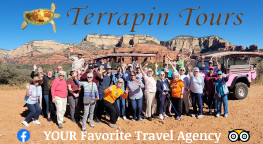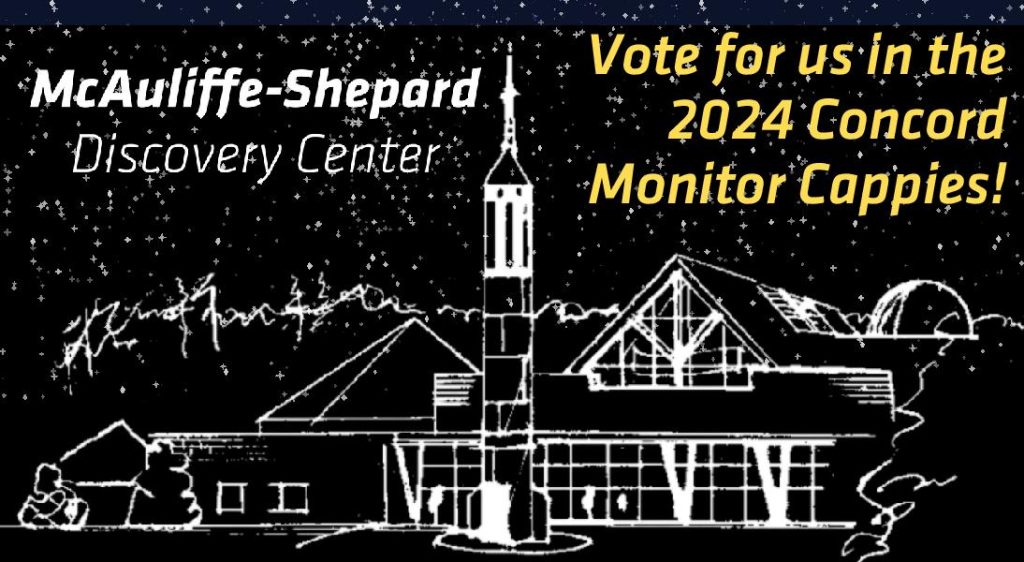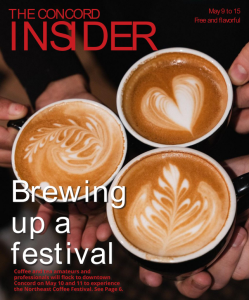It's the closest thing to alchemy in this business, the factors that do – or don't – make something news.
Most news starts with one of two things: A sudden, often catastrophic event that sends us sprinting out the door or, less dramatically, an idea. And those ideas comes from lots of different places.
Some journalists are like pining rods. Send them on a coffee run, and they return with a couple of iced lattes and 47 potential stories. Maybe they noticed a flyer on a bulletin board about a new neighborhood watch group or drove past a campaign sign for an unusual political candidate. Perhaps the person selling them coffee was also griping about a new parking ordinance or bragging about his teenager's efforts to stock the local food pantry.
Other reporters dig through documents, scouring agendas, police logs and court records for ideas. Sometimes, they'll use state's Right-To-Know law or the federal Freedom of Information Act to get what they need.
Plenty of possible stories come from readers like you. We get phone calls, e-mails and letters all the time from people who want us to publish information about their achievements, their clubs and their businesses.
And, yes, we do have the occasional mysterious source offering tips about questionable activities in government, big business and law enforcement.
On most days, we have more possible stories than we do room in the paper, so we have to make choices. There aren't any hard and fast rules, but there are some factors that help us decide:
– Timeliness. There's a reason the word “new” is in news.
– Proximity. Papers, especially local papers like the Monitor and the Insider, prefer stories that involve people and issues in nearby communities.
– Repercussions. Who would this story impact? If a new law is passed, how many people would see their lives change? The more people an issue is likely to affect, the more likely it's news.
– Shared community experiences. This includes giant festivals like Market Days or the state fair, and giant tragedies like the loss of a public figure.
– Milestones. Graduations, anniversaries and changes in community institutions are all likely stories. So are firsts and lasts. The first day of school, or the last time a congregation meets in a soon-to-close church.
News is relative, too. On a slow day, a story about a kid walking across the state to raise money for the ASPCA might lead the paper. But on the day after a major election, that same story might be relegated to the bottom of the back page . . . or never be written at all.





















